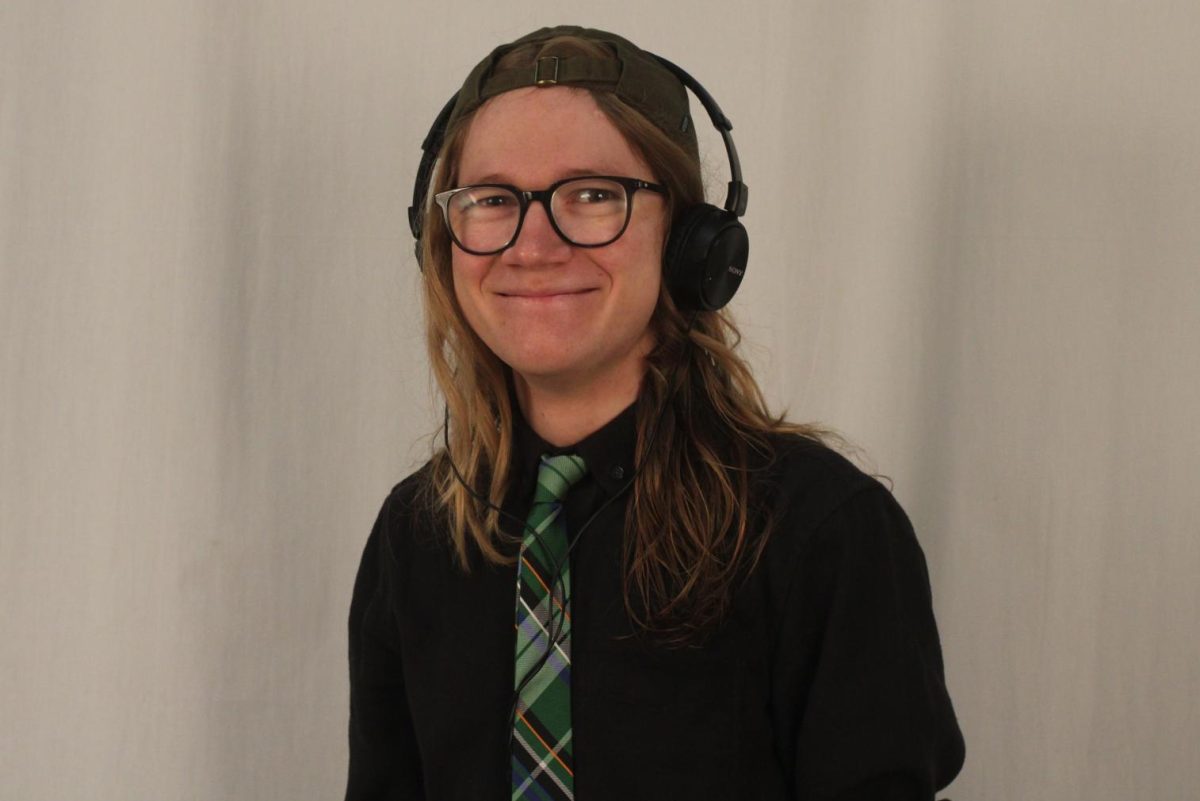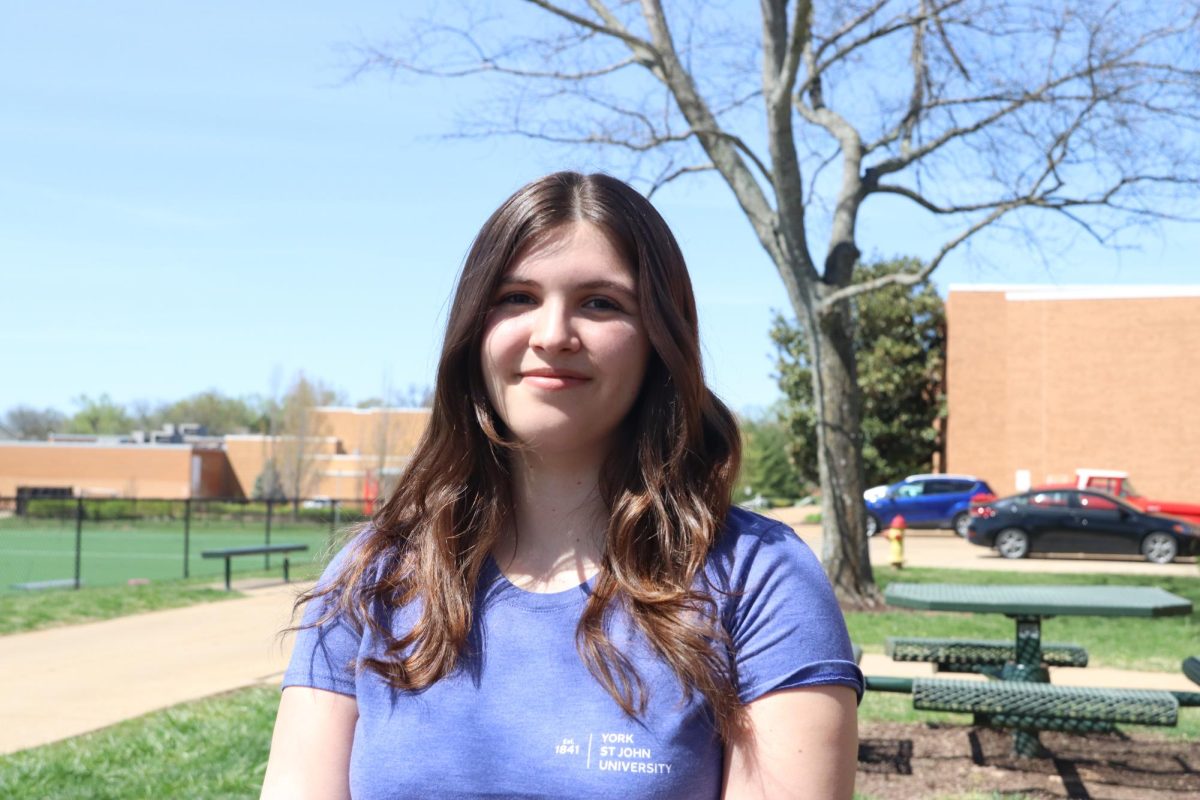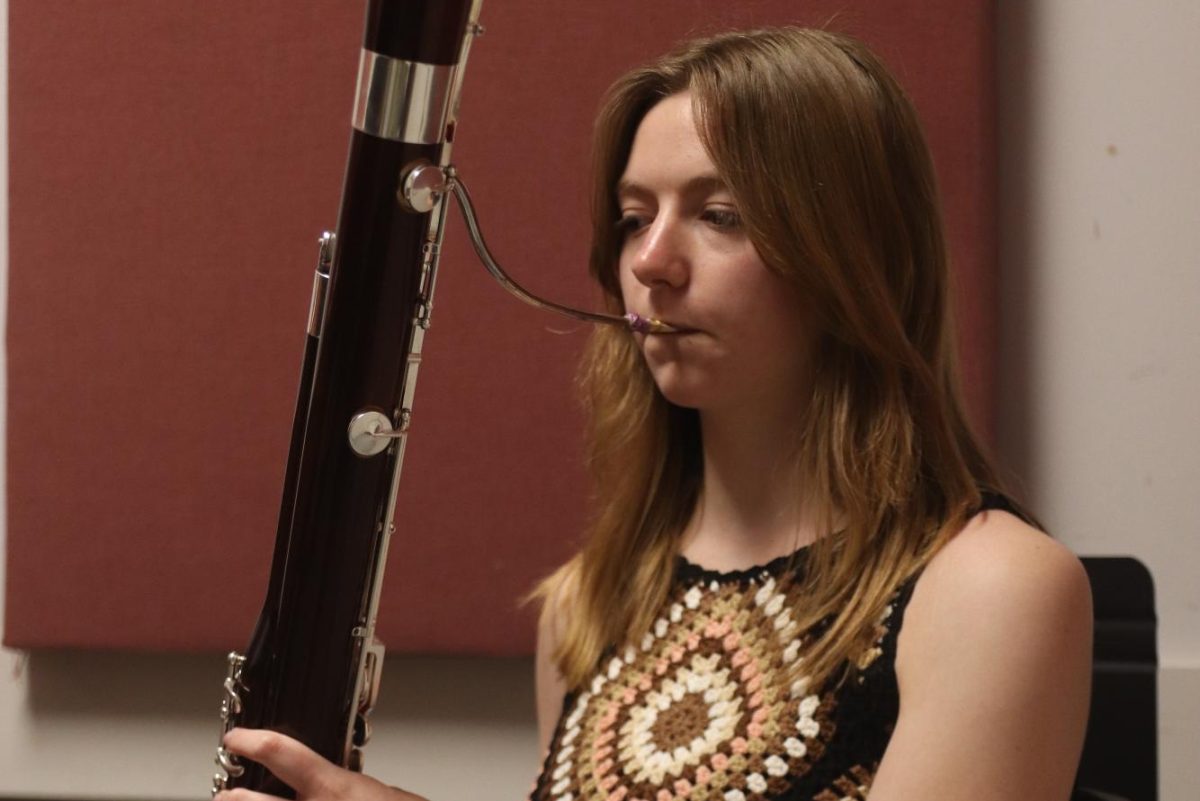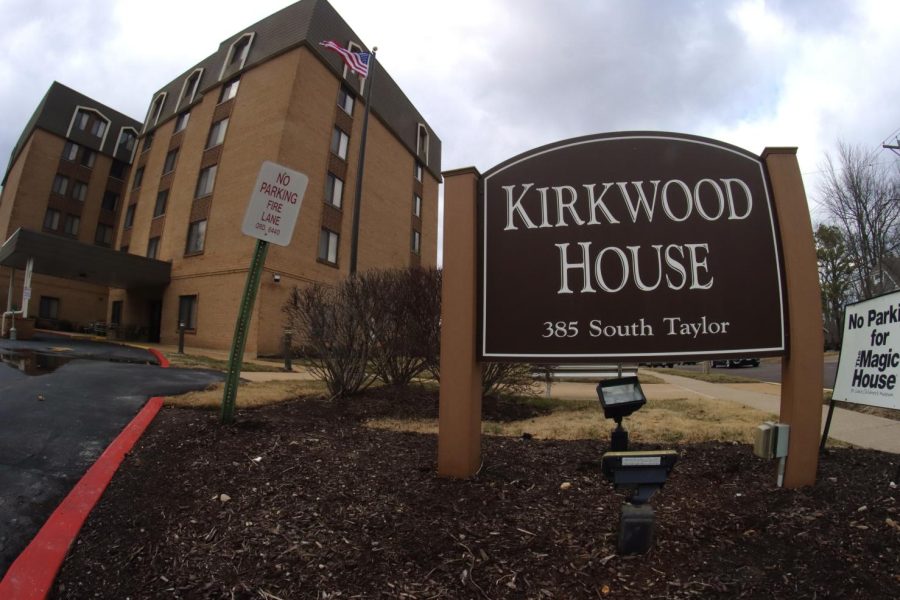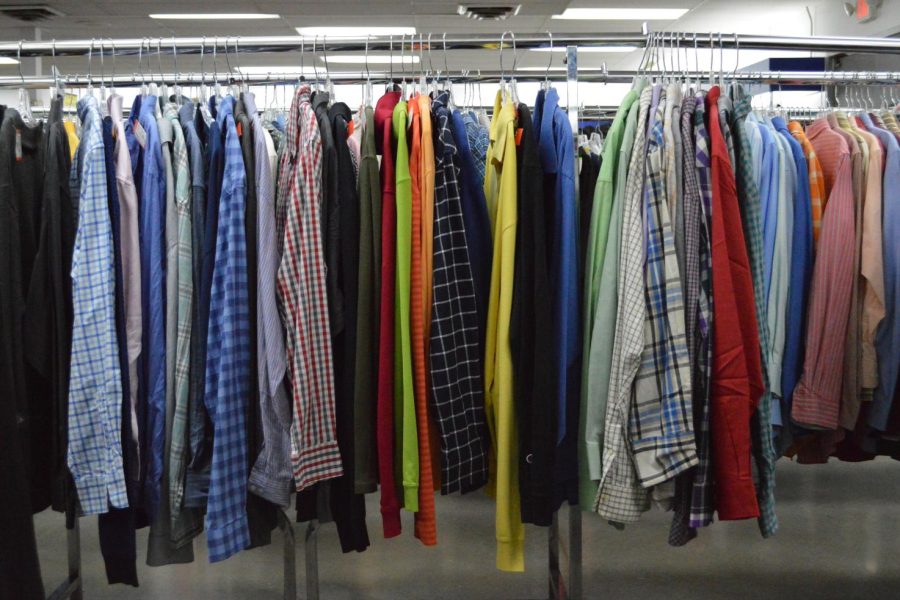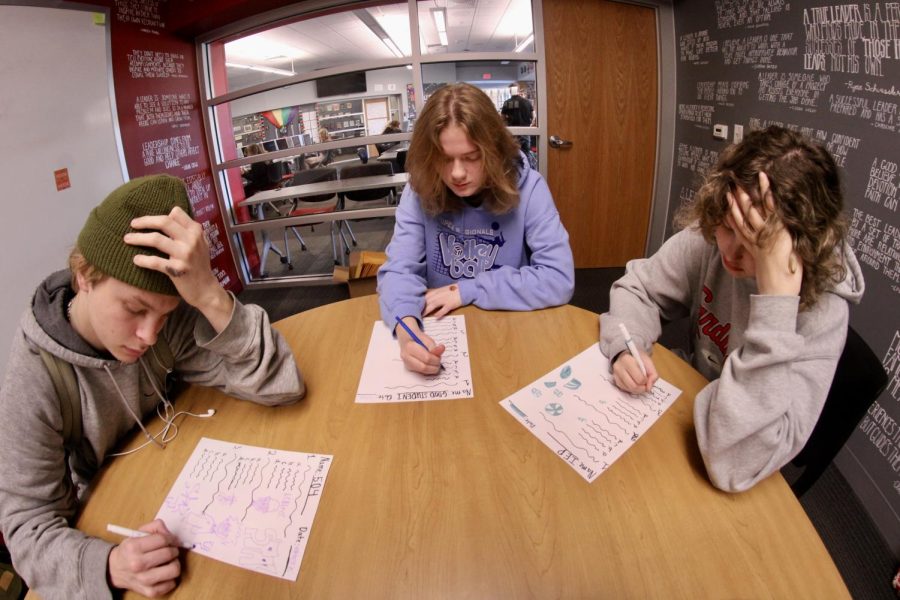When Carrie Medelman, psychology teacher, looks at drowsy-eyed students in her first hour class, she sees more than a lazy teenager unwilling to hit the sack before 2 a.m. She sees a sleeping pattern completely natural for a high school student but equally as harmful.
“For most people, when they’re ready to go to bed, their biological clock is saying, ‘Okay, it’s 9 or 10 p.m., let’s get ready to go to sleep,’” Medelman said. “A lot of times you ask an adolescent, and they’re still hyped up and wired. They’re going to go strong until midnight.”
Medelman, who teaches a unit on sleep and consciousness in her AP Psychology class, explains a teenager’s circadian rhythm—the human’s biological clock— is different than that of an adult or young child. Instead of producing the sleep hormone melatonin–which tells the body to start thinking about sleep–a high school student’s brain actually kicks in at this point and does not produce the same hormone for another two hours. The same effect occurs in the morning when the adolescent brain does not function at its highest level until 9 or 10 a.m.
“It’s almost like an adolescent, through the virtue of being an adolescent, has jet lag every day,” Medelman said.
Unfortunately, the excuse “my melatonin released too late” is as useless as “my alarm clock didn’t go off” in a school that demands focus from 7:50 a.m.-2:40 p.m. Though teenagers’ bodies are not fully adjusted to the early-morning schedules of high school, an off-set biological clock is not the only reason for bad sleeping habits.
“I think technology has a lot to do with that,” Medelman said. “It’s hard to go to sleep when you feel that people are still connected out there. ‘If I go to sleep, what am I going to miss?’”
Cell phones and television only stimulate the brain more, keeping the mind from completely relaxing, but even with all electronics turned off, homework can still keep students from counting sheep. Sleeping may sound like a great idea, but going to bed at 9:30 p.m seems impossible when basketball practice ends at 5:30 p.m and five hours of homework stand between a student and his mattress. Finding time to eat also takes priority over getting that extra hour of shut-eye.
“I think adolescents today have a lot more that they do,” Medelman said, “but is it worth giving up one of the most precious things to your health for all of the different things that you’re choosing to do instead?”
KHS has no plans of starting school two hours later or assigning hours of sleep as homework, but finding a way to add 7 to 8 hours of sleep into a nightly schedule will sharpen thinking, increase memory accuracy and improve overall mood.
“It’s not just a ‘do I feel better when I sleep?’ It’s a ‘do I function better when I sleep?’” Medelman said. “We spend 8 to 10 hours unconscious. There has got to be a reason for it.”



